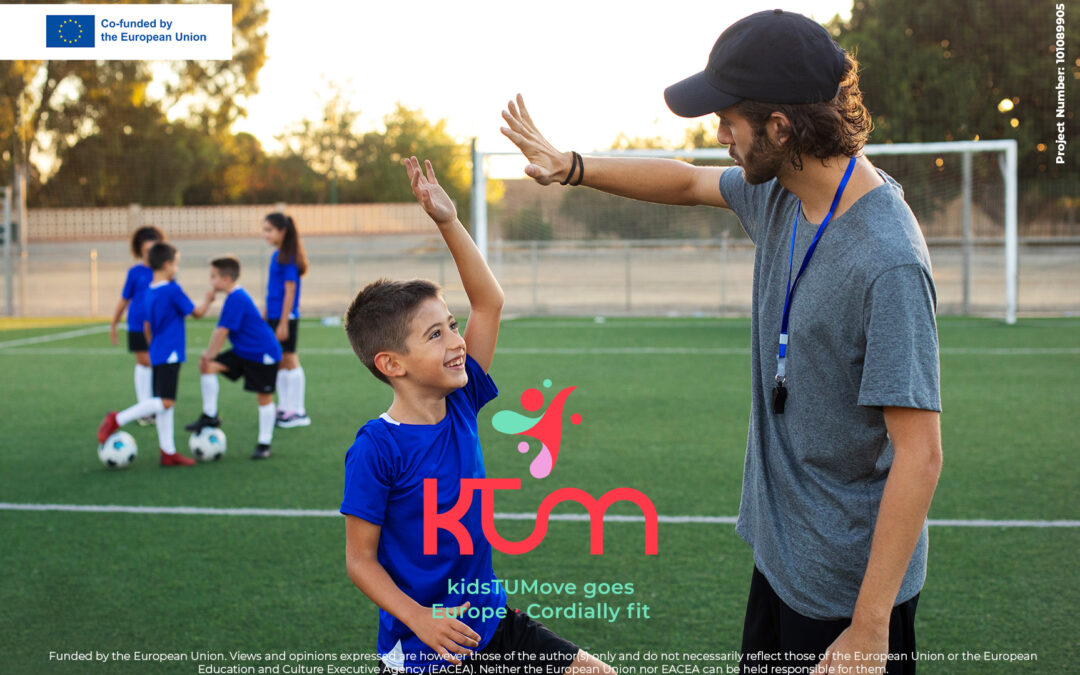Participation in sports and physical activity is important for all children, including those with chronic diseases. However, children with chronic illnesses often face unique challenges that can make it difficult for them to engage in sports and physical activity. Despite these challenges, sports participation can have numerous benefits for children with chronic illnesses, including improved physical health, social interaction, and self-esteem.
The evidence is scarce on child and youth sports providing recommendations for coaches, parents, and sports organizations to promote healthy and positive experiences for young athletes (Tofler et al. 2005). Classical studies such as the one of Small and Bar-Or (1995) aimed to address the issues surrounding young athletes with chronic diseases, including the benefits and risks of sports participation, the challenges of managing chronic diseases in the context of sports, and the role of healthcare providers, coaches, and parents in supporting young athletes with chronic diseases.
The study discussed the potential benefits of sports participation for young athletes with chronic diseases, including improved physical health, social interaction, and self-esteem. However, it also highlighted the potential risks associated with sports participation, such as exacerbation of symptoms, injury, and psychological stress. The authors also discussed the challenges of managing chronic diseases in the context of sports, including the need for individualized treatment plans, close monitoring of symptoms and medications, and collaboration between healthcare providers, coaches, and parents. They emphasized the importance of education and communication among all parties involved in supporting young athletes with chronic diseases. The practical application of this study is that by promoting safe and supportive sports environments for young athletes with chronic diseases, healthcare providers, coaches, and parents can help these athletes achieve their full potential in sports and in life.
Sports clubs and organizations have a critical role to play in promoting inclusion and participation of children with chronic illnesses in sports. They should provide appropriate levels of challenge and support, prioritize safety and injury prevention, and promote positive values such as teamwork, sportsmanship, and respect. By providing appropriate accommodations, such as modified equipment or trained staff, sports clubs can help children with chronic illnesses engage in physical activity and enjoy the benefits that come with sports participation. In addition, sports clubs can provide opportunities for social interaction and support, which can be particularly important for children with chronic illnesses who may feel isolated or excluded.
With the project KTM – kidsTUMove goes Europe – cordially fit we aimed at creating the awareness of the importance of health-enhancing physical activity for children with chronic diseases and post-traumatic stress disorders, allowing them to gain easier access to and facilitate participation in various sporting activities to benefit from positive health-related effects.
We will provide practical applications for inclusion in sports clubs, providing staff with training on how to support children with chronic iseases, creating policies and procedures that address the specific needs of these children. By promoting inclusion and participation of children with chronic diseases in sports, sports clubs can help these children lead healthy, active, and fulfilling lives.
For more information about KTM Project, please visit the KTM social media page on Instagram, Facebook and X!
Source: Tofler IR, Butterbaugh GJ. Developmental overview of child and youth sports for the twenty-first century. Clin Sports Med. 2005 Oct;24(4):783-804, vii-viii. doi: 10.1016/j.csm.2005.05.006. PMID: 16169446.
Small E, Bar-Or O. The young athlete with chronic disease. Clin Sports Med. 1995 Jul;14(3):709-26. PMID: 7553929.

